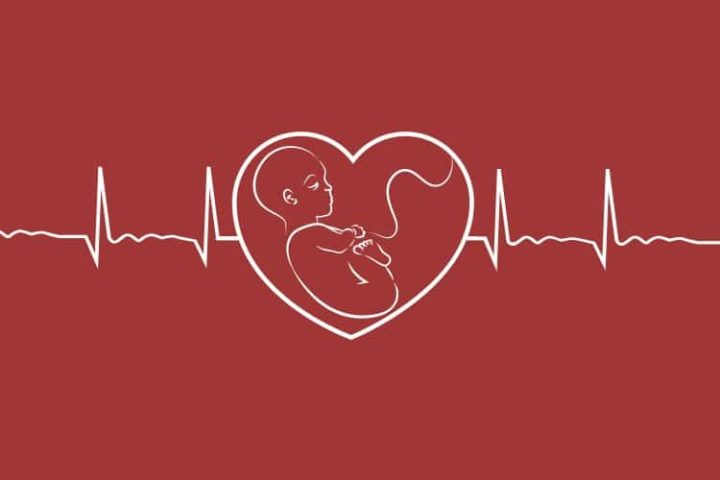
On Friday, the Texas Supreme Court issued a ruling that will make it far harder for pro-abortion forces to challenge the state’s new heartbeat law. The law, passed in May of last year and signed by Governor Greg Abbott, makes most abortions in Texas illegal once a fetal heartbeat can be detected, which is often as early as six weeks into a pregnancy.
In December, the U.S. Supreme Court allowed the law to remain in place despite a challenge by the Biden administration. But the high court also allowed a challenge against the law to proceed via a narrow road that allows state laws to be challenged by federal officials who can sue state officials administering the law.
On Friday the Texas State Supreme Court ruled that only private citizens, not state officials, can enforce the law, which allows people to sue an abortion provider or assistant who does the procedure after a fetal heartbeat can be detected. That ruling essentially ends the narrow avenue that existed allowing federal officials to challenge the law.
The Texas Heartbeat Law was written in a way designed to prevent overzealous judicial review. It has long been a tactic of pro-abortion forces to attack pro-life laws on technicalities, allowing pro-abortion judges to create work-arounds or to effectively nullify such laws.
In the case of the Texas heartbeat law, pro-abortion lawyers claimed that, despite the law stating that citizens are in charge of enforcing the law (citizens may sue anyone who performs or assists in an abortion), state officials (e.g., clerks who docket the lawsuits, the attorney general, and medical licensing officials) are actually in charge. The U.S. Supreme Court disagreed with all of those examples expect for one — medical licensing officials. That one disagreement allowed the case to go forward in the court system, landing in the 5th U.S. Circuit Court of Appeals, which then gave it to the Texas Supreme Court to weigh in on.
In one hearing at the 5th U.S. Circuit Court of Appeals, Texas Solicitor General Judd Stone said that no “ordinary English interpretation that entertains any possibility of public enforcement.”
The Texas Supreme Court appeared to agree, writing, “The Court concluded that Texas law does not authorize the state-agency executives to enforce the Act’s requirements, either directly or indirectly.”
Pro-abortion forces were predictably outraged. “We have been fighting this ban for six long months, but the courts have failed us,” said Amy Hagstrom Miller, president and CEO of Whole Woman’s Health and Whole Woman’s Health Alliance. “The situation is becoming increasingly dire, and now neighboring states—where we have been sending patients—are about to pass similar bans. Where will Texans go then?”
Others vowed to fight on in their effort to kill as many babie as possible: “The courts have allowed Texas to nullify a constitutional right,” said Nancy Northup of the Center for Reproductive Rights. “We will continue to do everything in our power to right this wrong.”
Pro-life forces obviously saw things differently. “Today’s ruling is a big victory for the life-saving Texas Heartbeat Act! We have said from the beginning that abortionists’ lawsuit should be dismissed, and we’re grateful that the Texas Heartbeat Act will continue saving thousands of lives,” said Kimberlyn Schwartz of Texas Right to Life.
“The court recognized what we already knew: this law is constitutional,” said Chelsey Youman of Human Coalition Action. “It is the most successful piece of pro-life legislation in 50 years and should be replicated everywhere in states that are serious about rescuing pre-born lives.”
While this is a huge victory for the Texas pro-life community, the law remains under scrutiny. In another case, Travis County Judge David Peeples ruled the law unconstitutional as the judge claims it allows standing for uninjured persons; punishment without due process; and delegation of executive power to private persons.
That case and several others are still making the judicial rounds, but it appears the high court in Texas and the Supreme Court of the United States feel favorable toward the new law.




